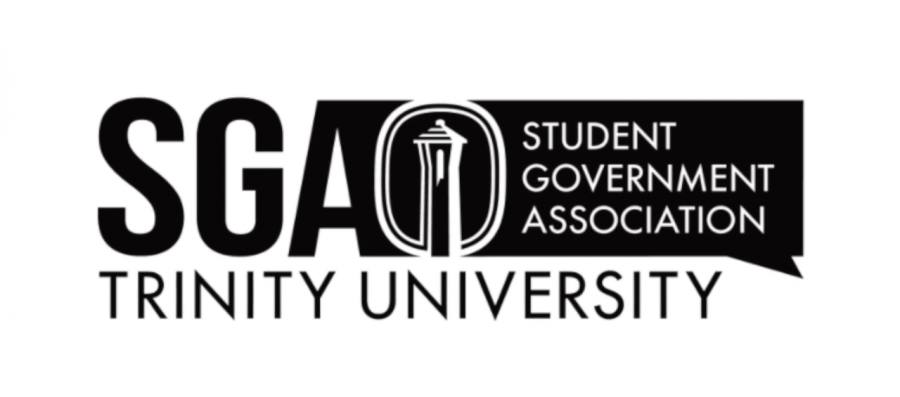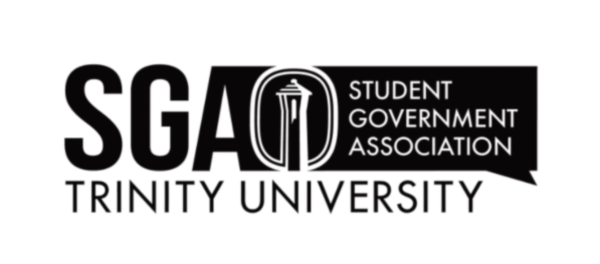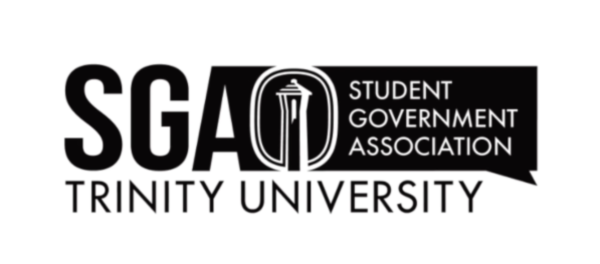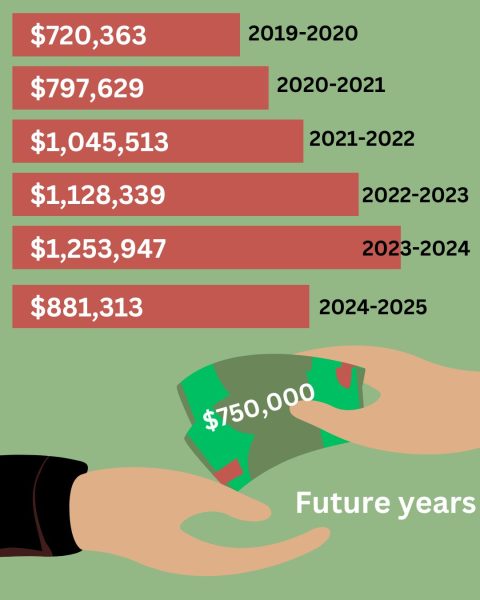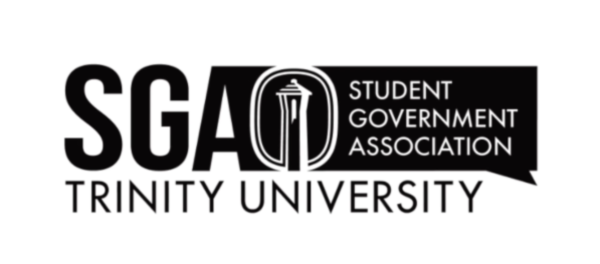Previously, on SGA: Committees, calendars and collaborations
The following covers the meeting on Aug. 31
All Student Government Association (SGA) meetings are open to the public. Two first-year students were in attendance.
Climate Check:
Sophomore Senator Allison Waters began climate check with an update on the printer problems discussed at the previous meeting. The printer in Bruce Thomas Hall (Thomas) is now fixed and Senator Waters has plans to meet with Bruce Bravo, senior director of conferences and auxiliary services, and Trey Dunn, Tiger Card coordinator, to discuss the option of installing more printers in the sophomore college dorms. According to Senator Waters, Advisor Jamie Thompson stated that President Danny Nguyen should bring up the concern in his next meeting with Sheryl Tynes, vice president of student life.
Sophomore Senator Ani Siva gave an update on the accessibility issues raised at the previous SGA meeting, stating that he had met with Spencer Scruggs, director of student accessibility services (SAS).
Senator Siva stated that he wanted to open a dialogue about the minimum wage for on-campus jobs. Senator Siva mentioned that most campus jobs begin at $7.25 an hour and was wondering what steps SGA senators could take to raise the minimum wage. President Nguyen asked Advisor Demi Brown if federal work-study positions were required to pay $7.25. Advisor Brown said that on-campus employers do not know whether the students on staff are part of the federal work-study program or not. Advisor Brown also explained that federal work-study wages are not locked, rather they are set to increase in pay with each year a student remains in the program.
Advisor Brown stated that budget planning for the next year would occur in the next month or so, and if SGA was going to pass a movement it would be best to do that soon. President Nguyen asked who senators should contact to start the conversation about raising wages. Advisor Brown stated that the first contact should occur at President Nguyen’s meeting with Tynes. It was decided that Senator Siva should email Tynes. Legislative Relations Chair Dario Leal, who works for Tynes as a TA, offered to discuss the wage issue with Tynes in person.
Senator Siva raised a concern about resident assistants (RAs) having their academics impacted by the demands of their job, citing examples of RAs staying up until past midnight to help residents handle mental health crises the night before a major exam or project is due. Senator Siva proposed academic accommodations for RAs but acknowledged that doing so might dip into academic freedom (the right of faculty members to make decisions without outside interference). Senator Siva proposed talking to faculty to get their perspective and stated that in a perfect scenario, RAs would be offered minimal extensions or an excused absence when there are extenuating circumstances. President Nguyen advised Senator Siva to speak to Megan Mustain, provost for academic affairs, and Bret Biance, director of the residential life office. Advisor Brown told Senator Siva that RAs with extenuating circumstances should call Advisor Brown so that he can reach out to faculty on their behalf; he also said he couldn’t make any promises about getting them accommodations.
Senior Senator Ameer Mustafa raised a concern about the disconnect between expectations for RAs and their job description. Citing his own past experience, Senator Mustafa said that there has been discussion among RAs about stipends for meals or wages, as well as the culture between RAs and faculty which has resulted in a lot of turnover in residential life. President Nguyen said this would be a good issue to bring up with Biance. Advisor Brown suggested that the senators ask Biance about plans for RA compensation, since there are currently plans in the works. Sophomore Senator Harrison Tinker stated that one of his objectives for this year is to pioneer an RA alliance and asked Senator Mustafa to refer RAs to him. Tinker stated that he would be happy to take anonymous statements for RAs but acknowledged that anonymity is less actionable.
In response to Senator Mustafa’s statements about the culture within residential life, Junior Senator Danae Barkocy mentioned that some RAs have found it difficult to get “opportunities” because Residential Life wanted to avoid staff turnover. When Advisor Brown asked for clarification, Senator Barkocy cited an example of an RA being pressured by Residential Life into not studying abroad. Senator Mustafa cited an example of an RA who was guilted for wanting time off. Senator Tinker stated that he knew of three instances of RAs who have had their jobs threatened over minor issues. Advisor Brown stated that retaliation from staff is not OK and requested more information. Advisor Brown requested that the senators not name the RAs in question, but to inform them that “the likelihood of them losing their jobs if they come to [him] with their complaints is 0%.”
Sophomore Senator Nadesh Vaithianathan asked about a timeframe for first-year elections. President Nguyen stated that there is an informative email to come, but it has not officially been sent out. Applications for first-year senators will be open from Sept. 12-17. There will be two virtual information sessions whose dates have not been finalized. Campaigning and voting will happen between Sept. 19-22. On Sept. 21, there will be a special Nacho Hour to meet the senators and the first-year candidates. Election results will be announced Friday, Sept. 23.
SGA Guest Calendar:
President Nguyen explained that SGA would be hosting guests at their meetings every other week. Senators will have the opportunity to directly ask questions and raise concerns to guests. President Nguyen walked the staff through the guest calendar.
Sept. 14: Richard Reams, director of Counseling Services
Sept. 28: Ron Nirenberg, mayor of San Antonio
Oct. 12: Bret Biance, director of the Residential Life office
Oct. 26: Spencer Scruggs, director of Student Accessibility Services
Bruce Bravo, senior director of conferences and auxiliary services
Charles Robles, food services director, TU Dining Services
Nov. 9: Jeanna Balreira, director for content strategy, strategic communication and marketing
Dec. 7: Chad Spigel, chairman of the faculty senate
210U Initiative:
President Nguyen provided an update on the potential alliance between San Antonio SGA organizations. The alliance, which is tentatively named the “210U Initiative,” will seek to create a collaborative environment where each organization can learn how the other operates,work together on initiatives and address common student issues across campuses.
There are four peer institutions currently interested in the initiative: San Antonio College, St. Mary’s University, the University of the Incarnate Word and the University of Texas at San Antonio (UTSA). President Nguyen is still waiting on a response from Our Lady of the Lake University.
University Committees:
President Nguyen asked senators to serve on two university committees that required SGA senators on the roster.
The first committee was the University Curriculum Council, which handles the annual curriculum including course deletions, corrections and additions. Per the committee’s handbook, two SGA members, one voting and one alternate, need to serve on the committee.
The second committee was the Events Review Committee, which reviews events that might have a concern that keeps them from simply passing through the event form. The committee needs one SGA member to serve on it.
Treasurer Conrad Jarvis reminded SGA about the finance committee meeting on Sept. 6.
Senator Siva brought up the signs in McLean and CSI about not hanging things on the glass doors, and stated that he personally believes that having flyers up around campus creates a cool student culture. Brown explained the flyers on the doors is a safety issue, because it can block visibility. Senator Siva said that students weren’t allowed to post flyers on brick either. Senator Barkocy suggested the possibility of a central bulletin board in Coates Student Center. President Nguyen pointed out that the TVs in Coates function as a bulletin board. Senator Vaithianathan pointed out that putting flyers on the door is one of the main ways students are informed about events because students are tired of emails. Senators discussed multiple potential alternatives, including campus-wide text messages with current events, a centralized calendar and sending out LeeRoy in the morning. Senator Tinker pointed out that there is already a centralized calendar for campus events, and that LeeRoy is already a place where students can post and learn about campus events.
First-year Khushi Kakadia suggested that instead of a campus-wide text that has a list of events, maybe a text with a link to the LeeRoy so that people can access it. Senator Tinker proposed making a website for LeeRoy. Senator Barkocy suggested sending LeeRoy in the morning. Advisor Brown proposed starting a campaign to get students to read LeeRoy.
Advisor Brown closed the meeting informing SGA about the water system failure at Millsaps College, and suggested that Trinity’s SGA should send a video to their SGA to show support since Trinity experienced a water system failure during the freeze. The entire city failed, showering in trailers, an indefinite problem. Communications Chair Leal will put something together.
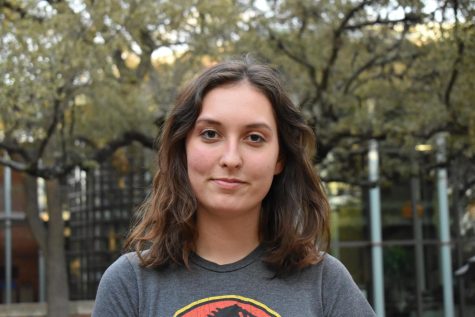
My name is Alejandra, and I'm a senior majoring in Neuroscience. I initially joined the Trinitonian as a first-year and worked my way up from a Sports...

